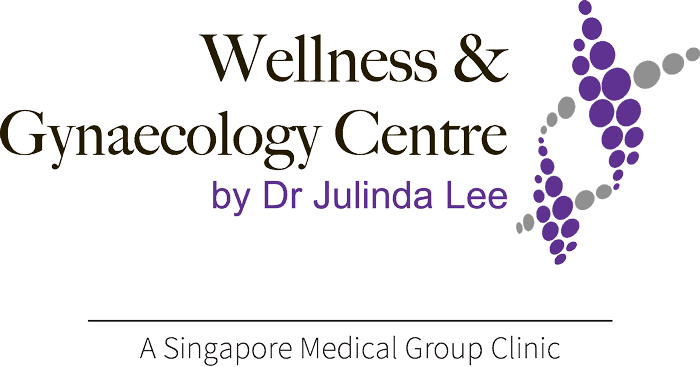What’s Good for the Vagina With so much talk about the gut microbiome, vaginal microbiome in contrast appears to be relatively left out. Diversity is the mark of a healthy gut but a healthy vagina is marked by a low diversity, dominated by lactobacillus bacteria, especially lactobacillus crispatus. These types of bacteria are able to
read moreHow common is Insomnia? Insomnia is a very common problem. Insomnia symptoms can be seen in up to as many as 35% of the population. Insomnia disorder is a diagnosis that is made based on certain criteria including symptoms, frequency and duration of symptoms and typical rates are around 10%. Age and other medical conditions
read moreMenopause represents the end of a woman’s reproductive life. Girls are born with a fixed number of immature egg cells in each ovary. Over the course of the reproductive lifespan the brain, or more accurately pituitary gland, communicates with the ovaries. Hormones are released from the pituitary gland which stimulate egg development. Egg development results
read moreWhat is Dementia Dementia is a debilitating disease not only for the sufferers but also for the caregivers. Victims of the disease may suffer from classic Alzheimer’s disease but dementia can also be related to poor blood vessel health, almost like a heart attack of the brain. Other contributing factors towards dementia include toxins from the environment
read moreAcne is an inflammatory skin condition and typically affects teens and young adults. About 20% of young patients with acne continue to struggle with the condition even as they get older. Hormone-induced production of sebaceous material from the glands of the skin contributes to acne and hence the appearance of acne around the time of
read moreWhat is Gluten? It is a protein that is found in wheat, rye and barley. Gliadin is part of this protein and it is gliadin that is responsible for many of the reactions to gluten. Gluten Sensitivity (Non-Celiac) This covers a broad range of disease. Some patients may meet some but not all of the
read moreWhat is Menopause? Menopause occurs a year after a woman experiences her last menstrual period. Therefore, it is only a term that is used in hindsight. The menopause marks the end of a woman’s reproductive lifespan. A woman is born with a fixed number of eggs in her two ovaries and with each menstrual cycle
read moreIf I see a doctor, does it mean I have to start on Hormone Replacement Therapy? No, seeing a doctor is about understanding your condition and getting accurate information to cope and to ensure you keep healthy as the change in hormones may affect your risk of other diseases such as heart disease, diabetes mellitus
read moreWhat is Andropause? Andropause is a term used to define the period in a man’s life where there are symptoms related to a decline in active testosterone. These symptoms may include fatigue, increasing weight especially around the middle, mood swings and depression, decrease in exercise tolerance, decline in sexual interest and erectile problems. It is
read moreHow is Testosterone Replaced? In very mild cases of andropause, exercise and changing your diet along with supplements may help to increase testosterone levels. In others, testosterone replacement may be considered. Testosterone may be replaced via different methods including injections, creams, troches or suppositories. Oral testosterone is not usually advised due to the frequency of
read more

